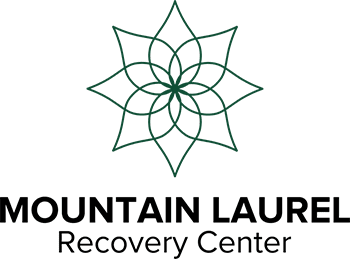
Understanding PTSD
PTSD is most often associated with military veterans, but this condition can affect anyone who has experienced significant trauma. This includes being the victim of a crime, living through a natural disaster, being hurt in a serious car accident, or dealing with prolonged emotional abuse from a loved one.
Scientists are still struggling to understand why some people who experience trauma develop PTSD and others do not. They have identified the following risk factors for PTSD:
- Having other mental health problems such as depression
- Having a family history of mental illness
- Lacking a strong support system or feeling isolated from others
- Experiencing trauma early in life
- Experiencing more than one type of trauma
PTSD symptoms generally start within one month of a traumatic event, although it’s possible for the symptoms to not appear until several years later. The symptoms need to last at least one month and be severe enough to affect a person’s daily functioning before the condition can be formally diagnosed.
Some of the symptoms of PTSD include:
- Having flashbacks of the event during waking hours
- Having vivid dreams or nightmares about the event
- Avoiding people, places, or things that can trigger painful memories
- Being constantly “on edge” and feeling as though you are in danger
- Having irritative, angry, or aggressive outbursts due to perceived threats
- Feeling hopeless about the future
- Feeling emotionally numb
- Being unable to enjoy relationships with loved ones or favorite activities
- Trouble concentrating at work or school
PTSD symptoms tend to vary over time. They are generally most intense when a person is under higher amounts of stress, but it’s common for symptoms to flare up during trauma anniversaries.
How PTSD Is Related to Substance Abuse
It is common for people with PTSD to avoid talking about the trauma they have experienced and to blame themselves for their mental health struggles. Instead of reaching out for help, they may try self-destructive coping mechanisms such as abusing drugs or alcohol.
In the beginning, substance abuse is effective at temporarily relieving PTSD symptoms. However, the body will eventually become acclimated to the substance and a tolerance will develop. This means a person will need to use more of the substance to achieve the same effects. Over time, this can lead them to feel as though they can’t function unless they have the substance in their system. Gradually, their lives will start to center around their drug or alcohol use as they ignore other obligations and personal interests to spend more time using.
An untreated addiction tends to worsen feelings of depression and anxiety while straining relationships with family and friends. This can lead to an increase in the severity of PTSD symptoms.
In the most extreme cases, people with PTSD and a substance use disorder may have thoughts of self-harm or suicide. (If you’re thinking about hurting yourself or believe someone you love may be considering taking their own life, call the National Suicide Prevention Lifeline at 1-800-273-8255 to be connected with the appropriate resources, or head to the nearest emergency room for immediate assistance.)
Getting Help
For a lasting recovery, a person needs to receive evidence-based care that addresses their PTSD as well as their substance use disorder. Addiction treatment that doesn’t address how PTSD contributed to the development of a substance use disorder only sets a person up for relapse once they return to independent living.
At Mountain Laurel Recovery Center’s Pennsylvania drug and alcohol addiction treatment center, we provide care that is personalized to fit individual needs. Our clients typically complete detox followed by intensive counseling and holistic support services that promote a healthy and balanced lifestyle. Medication-assisted treatment may be recommended depending on the specifics of a client’s addiction.
Mountain Laurel Recovery Center offers a specialized treatment track designed for the challenges faced by veterans and first responders. Our facility is also PsychArmor certified and a part of the VA’s Community Care Network.
Dealing with PTSD and a co-occurring substance use disorder is undoubtedly a challenge, but you’re not alone. Our team is standing by to help you take the first steps towards a brighter future.
